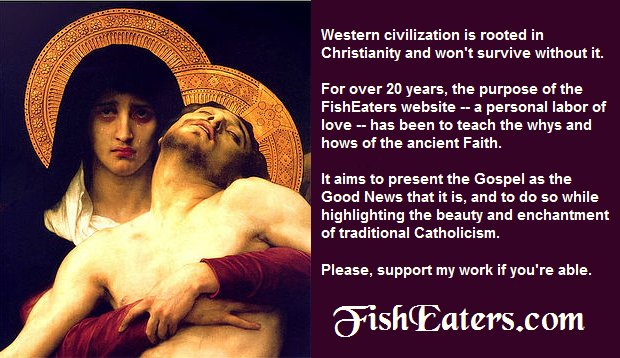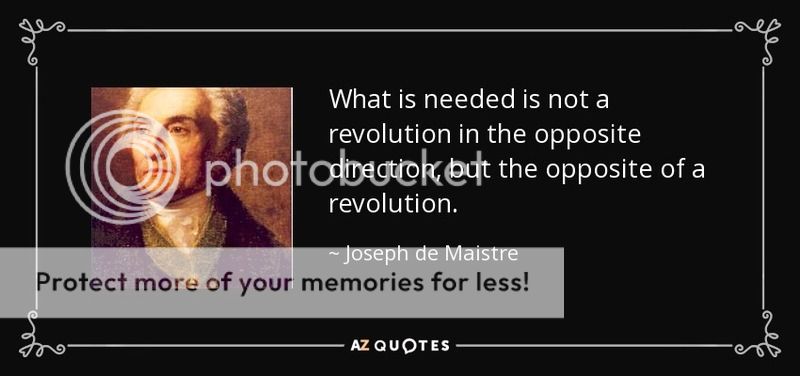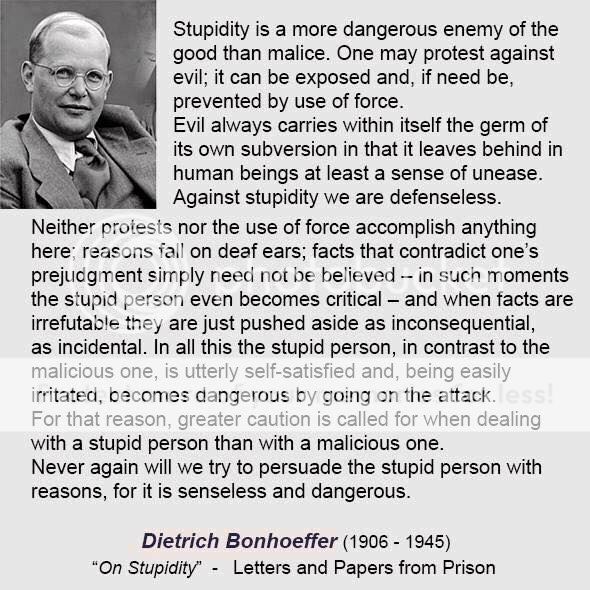Today is the Seventh Day of Christmas. It is also the Feast of Pope St Sylvester, who reigned from AD 314 to AD 345.
Since St Sylvester's Day is also New Year's Eve in the Gregorian Calendar, several countries, primarily in Europe, use a variant of Sylvester's name as the preferred name for the holiday; these countries include Austria, Bosnia and Herzegovina, Croatia, Czech Republic, France, Germany, Hungary, Israel, Italy, Liechtenstein, Luxembourg, Poland, Slovakia, Switzerland, and Slovenia.
Some of the customs from various countries of Europe that are observed on this day.
Austria and Germany
In the capital of Austria, Vienna, people walk pigs on leashes for their Saint Sylvester's Day celebration in hope to have good luck for the coming year. Many Christian households in Germany mark the Saint Sylvester's Day by practicing the custom of Bleigiessen using Silvesterblei (Silvester lead), in which Silvesterblei is melted over a flame in an old spoon and dropped into a bowl of cold water; one's fortune for the coming year is determined by the shape of the lead.[7] If the lead forms a ball (der Ball), luck will roll one's way, while the shape of an anchor (der Anker) means help in need, and a star (der Sterne) signifies happiness.
Belgium
Christians of Belgium have a tradition that a maiden who does not finish her work by the time of sunset on Saint Sylvester's Day will not get married in year to come.
Brazil
Along with exploding fireworks, the Saint Sylvester Road Race, Brazil's most oldest and prestigious running event, takes place on Saint Sylvester's Day and is dedicated to Pope Sylvester I.
Italy
On Saint Sylvester's Day, "lentils and slices of sausage are eaten because they look like coins and symbolize good fortune and the richness of life for the coming year."
Switzerland
On the morning of Saint Sylvester's Day, the children of a Christian family compete with one another to see who can wake up the earliest; the child who arises the latest is playfully jeered. Men have, for centuries, masqueraded as Silvesterklaus on Saint Sylvester's Day.
Here are the readings from Matins for today, that were used until Venerable Pope Pius XII's reform of the Roman Breviary in 1955, at which time St Sylvester's Day was suppressed because of the Octave of the Nativity.
Sylvester was a Roman by birth, and his father's name was Rufinus. He was brought up from a very early age under a Priest named Cyrinus, of whose teaching and example he was a diligent learner. In his thirtieth year he was ordained Priest of the Holy Roman Church by Pope Marcellinus. In the discharge of his duties he became a model for all the clergy, and, after the death of Melchiades, he succeeded him on the Papal throne, ,during the reign of Constantine, who had already by public decree proclaimed peace to the Church of Christ. Hardly had he undertaken the government of the Church when he betook himself to stir up the Emperor to protect and propagate the religion of Christ. Constantine was fresh from his victory over his enemy Maxentius, on the Eve whereof the sign of the Cross had been revealed to him limned in light upon the sky; and there was an old story in the Church of Rome that it was Sylvester who caused him to recognise the images of the Apostles, administered to him holy Baptism, and cleansed him from the leprosy of misbelief.
The godly Emperor had already granted to Christ's faithful people permission to build public churches, and by the advice of Sylvester he himself set them the example. He built many Basilicas, and magnificently adorned them with holy images, and gifted them with gifts and endowments. Among these there were, besides others, the Church of Christ the Saviour, hard by the Lateran Palace; that of St. Peter, upon the Vatican Mount; that of St. Paul, upon the road to Ostia; that of St. Lawrence, in Verus' field; that of the Holy Cross at the Sessorian hall; that of St. Peter and St. Marcellinus, upon the Lavican Way; and that of St. Agnes, upon the road to Mentana. Under this Pope was held the first Council of Nice, presided over by the Papal Legates, and in the Presence of Constantine, and three hundred and eighteen Bishops, where the holy and Catholic Faith was declared, and Arius and his followers condemned; which Council was finally confirmed by the Pope, at the request of all the assembled Fathers, in a synod held at Rome, where Arius was again condemned. This Pope issued many useful ordinances for the Church of God. He reserved to Bishops the right of consecrating the Holy Chrism; ordered Priests to anoint with Chrism the heads of the newly baptised; settled the officiating dress of Deacons as a dalmatic and a linen maniple; and forbade the consecration of the Sacrament of the Altar on anything but a linen corporal.
This Sylvester is likewise said to have ordained that all persons taking Holy Orders should remain awhile in each grade before being promoted to a higher; that laymen should not go to law against the clergy; and that the clergy themselves were not to plead before civil tribunals. He decreed that the first and seventh days of the week should be called respectively the Lord's Day and the Sabbath, and the others, Second Day, Third Day, and so on. In this he confirmed the use of the word Feria for the weekdays, the which use had already begun in the Church. This word signifieth an holiday, and pointeth to the duty of the clergy ever to lay aside all worldly labour, and leave themselves free to do continually the work of the Lord. The heavenly wisdom with which he ruled the Church of God, was joined in him to a singular holiness of life, and an inexhaustible tenderness towards the poor; in which matter he ordained that the wealthy clergy should each relieve a certain number of needy persons; and he also made arrangements for supplying the consecrated virgins with the necessaries of life. He lived as Pope twenty-one years, ten months and one day, and was buried in the cemetery of Priscilla on the Salarian Way.. He held seven Advent ordinations, and made forty-two Priests, twenty-five Deacons, and sixty-five Bishops of various sees.

It is traditional to recite the Te Deum laudamus at midnight on St Sylvester's Day.
We praise thee, O God, * we acknowledge thee to be the Lord.
All the earth doth worship thee, * the Father everlasting.
To thee all Angels cry aloud, * the Heavens, and all the Powers therein.
To thee Cherubim and Seraphim * continually do cry.
(bow head) Holy, Holy, Holy * Lord God of Sabaoth;
Heaven and earth are full * of the Majesty of thy glory.
The glorious company of the Apostles * praise thee.
The goodly fellowship of the Prophets * praise thee.
The noble army of Martyrs * praise thee.
The holy Church throughout all the world * doth acknowledge thee;
The Father, * of an infinite Majesty.
Thine honourable, true, * and only Son;
Also the Holy Ghost, * the Comforter.
Thou art the King of Glory, * O Christ.
Thou art the everlasting * Son of the Father.
During the following verse all make a profound bow:
When thou tookest upon thee to deliver man, * thou didst not abhor the Virgin's womb.
When thou hadst overcome the sharpness of death, * thou didst open the Kingdom of Heaven to all believers.
Thou sittest at the right hand of God, * in the glory of the Father.
We believe that thou shalt come * to be our Judge.
Kneel for the following verse
We therefore pray thee, help thy servants, * whom thou hast redeemed with thy precious Blood.
Make them to be numbered with thy Saints, * in glory everlasting.
O Lord, save thy people, * and bless thine heritage.
Govern them, * and lift them up for ever.
Day by day * we magnify thee;
During the following verse, by local custom, all make a profound bow.
And we worship thy Name * ever, world without end.
Vouchsafe, O Lord, to keep us * this day without sin.
O Lord, have mercy upon us, * have mercy upon us.
O Lord, let thy mercy lighten upon us, * as our trust is in thee.
O Lord, in thee have I trusted, * let me never be confounded.























